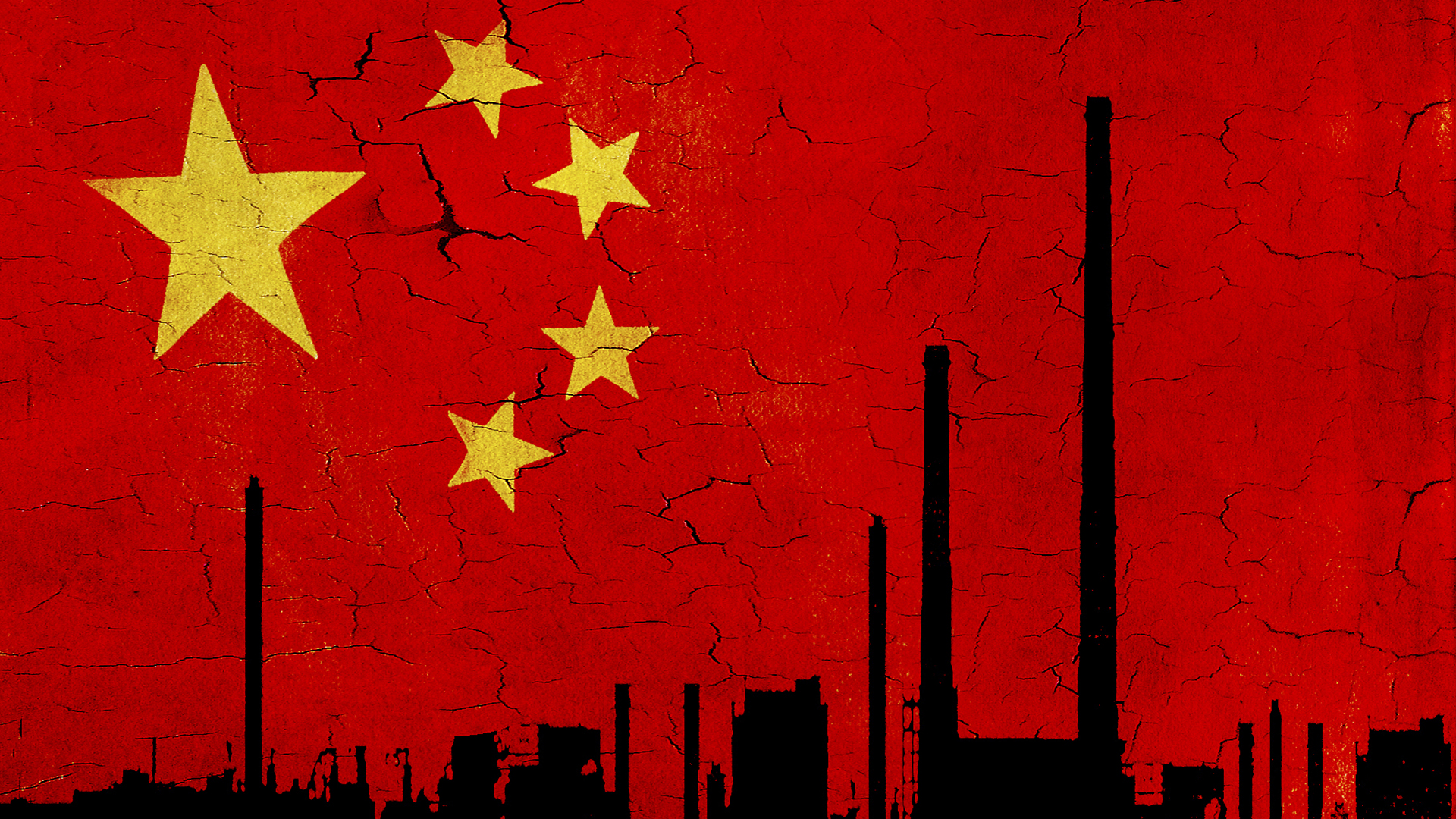

Ana Krstinovska
Ana Krstinovska, PhD, is the President of ESTIMA, a North Macedonia-based think tank. She is a sinologist and China-scholar with over 20 China-related publications, including academic and policy articles focusing mostly on China’s presence in the Western Balkans.
DISCLAIMERThe views of the writer do not necessarily reflect the views of Kosovo 2.0.
This story was originally written in English.